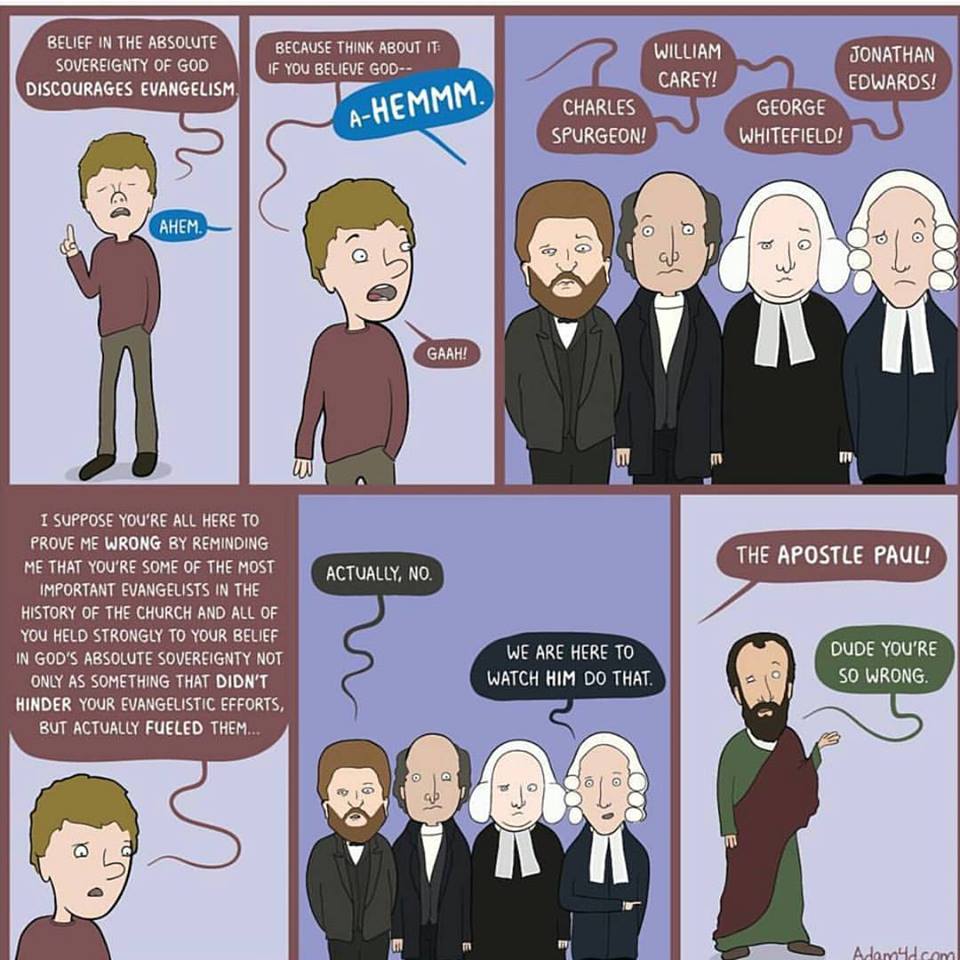Believe it or not, John Calvin is being actually blamed for a lack of baptisms taking place in the Southern Baptist movement. I was interviewed about this today (and the wider issue of divine election and evangelism) on Pastor Kevin Boling’s “Knowing the Truth” broadcast (26 minutes) in South Carolina.
Calvin, Baptisms in the SBC & Evangelism
Reply

